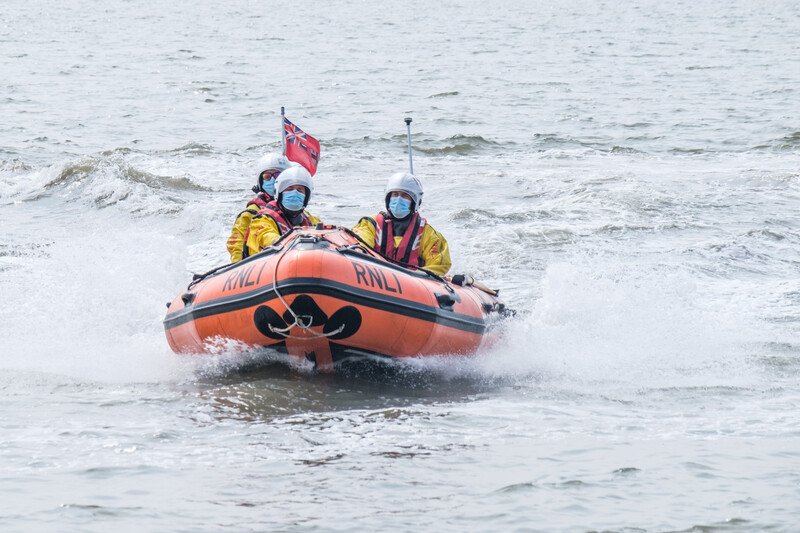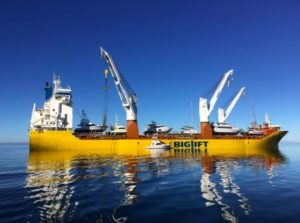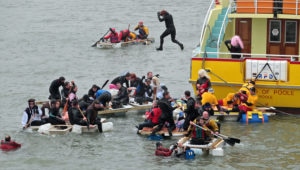RNLI stats show soaring summer demand

Volunteer crew members at the Royal National Lifeboat Institution (RNLI) have faced an ‘unprecedented’ summer with new data revealing a dramatic increase in the number of water users needing to be helped by the charity’s lifeboat crews compared to 2019.
Based on provisional incident reports from RNLI lifeboat stations around the UK and Ireland, there was a 64% increase in the number of recreational water users aided by the RNLI. Additionally, many lifeguards reported seeing an increase in the number of visitors to beaches around the coast.
These newly released figures cover people who got into difficulty while bodyboarding, using inflatables, kayaking or canoeing, kitesurfing, paddleboarding, rowing, surfing, swimming, water-skiing, windsurfing, and dinghy sailing.
This summer, 177 water users were aided whilst kayaking or canoeing, an increase of 84 people in comparison to 2019. The number of people who needed help from RNLI lifeboat crews after getting into difficulties on inflatables more than doubled.
Popular watersport, paddleboarding, saw a 40% rise in lifeboat launches and the number of casualties assisted almost tripled.
Lifeboat crew callouts to swimmers were up by 14%.
Additionally, lifeboat launches to people who got into trouble whilst walking or running at the coast over the summer increased by 46%, with 175 more people aided in comparison to last year.
“When lockdown restrictions eased, we saw people flock to the beaches to enjoy our coastlines instead of holidaying abroad,” says Gareth Morrison, head of water safety. “But that resulted in a huge number of people getting into difficulty around our coasts, with our lifesavers facing an incredibly busy summer.”
The RNLI has spent £1.2M this year on PPE to keep its lifesavers and public safe during the coronavirus crisis, including almost 700,000 face masks, 2.4 million gloves and 4,700 litres of hand sanitiser. Additionally, RNLI shops were closed, and fundraising events were cancelled, costing the RNLI millions in lost income.










